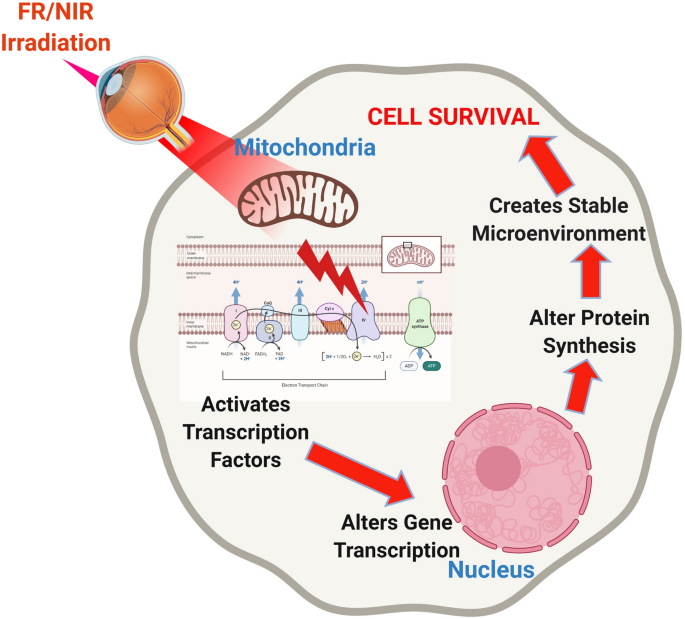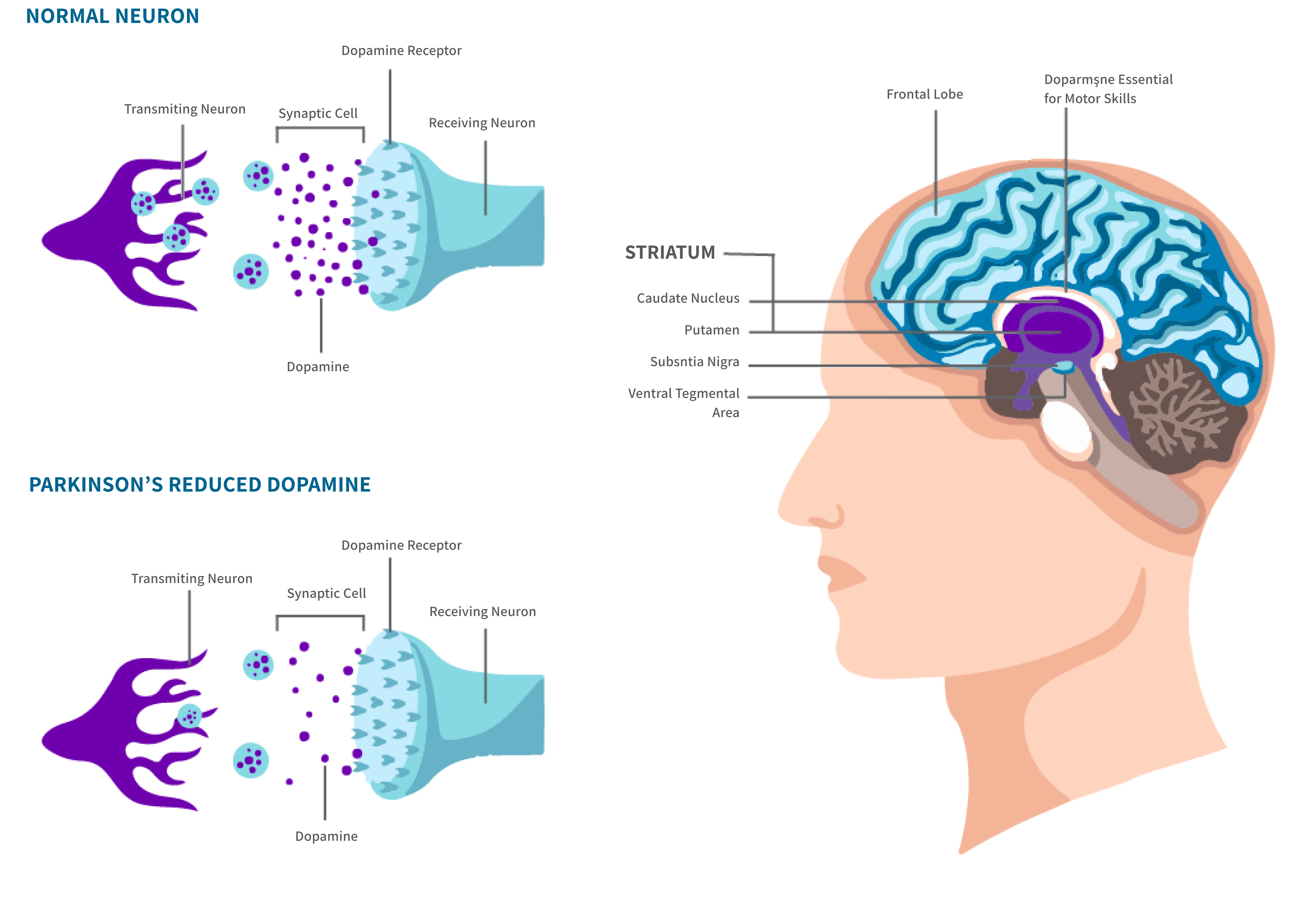Not known Details About Photobiomodulation
Wiki Article
The smart Trick of Photobiomodulation That Nobody is Discussing
Table of ContentsHow Photobiomodulation can Save You Time, Stress, and Money.An Unbiased View of PhotobiomodulationA Biased View of PhotobiomodulationPhotobiomodulation Fundamentals Explained
Laser therapy is a medical therapy that uses focused light to stimulate a process called. Throughout PBM, photons get in the cells and communicate with the cytochrome c complex within mitochondria. This communication sets off an organic waterfall of events that results in a boost in cellular metabolic process, which can in addition to speed up the recovery procedure.There is agreement that the application of a therapeutic dose of light to damaged or useless tissue causes a cellular reaction moderated by mitochondrial systems. Photobiomodulation. Research studies have revealed that these adjustments can impact discomfort and swelling, in addition to, cells repair service
Modifications in ATP, reactive oxygen varieties and nitric oxide adhere to light absorption by Cc, O. These effects are redox state and dosage dependent. In hypoxic or otherwise stressed cells it has been shown lot of times that adhering to, nitric oxide is launched, ATP is enhanced and oxidative stress and anxiety is minimized [27-31]

3 Simple Techniques For Photobiomodulation
PBM gadgets have actually been cleared for advertising by FDA via the Premarket Notification/510( k) procedure as adjunctive tools for the short-term relief of discomfort. These clearances were based upon the presentation of clinical data to sustain such insurance claims (Photobiomodulation). In this therapy, a source of light is put near or in contact with the skin, enabling the light power (photons) to pass through tissue where it communicates with chromophores situated in cells causing photophysical and photochemical adjustments that lead to changes at the molecular, cellular and cells levels of the bodySurprisingly, recent study indicates that light can enhance performance in normal tissues and cells. The possible applications of PBMT are numerous and are being explored experimentally at the fundamental science, pre-clinical and professional level. The present scientific usages are for the relief of discomfort and swelling and the therapy of sports injuries.

The treatment criteria and number of sessions required for PBMT are dependent upon area and cause. PBMT usually needs more than one therapy for optimal pain alleviation.
A Biased View of Photobiomodulation
Treatment criteria for PBMT were initially developed making use of cells artificial insemination and in tiny pet designs. These treatment specifications typically had a low irradiance and fluence and worked well for cutaneous applications. Nevertheless when medical professionals began to utilize PBMT to deal with structures that were located much deeper in the body, they made use of these specifications with adverse results.
We currently understand that these negative studies were due to inaccurate gadget and therapy parameters for transcutaneous therapy of much deeper frameworks. Current advances in laser treatment tools and even more research right into the suitable does have significantly informative post enhanced the outcomes of PBMT. For treating deep cells, the wavelength of light utilized figures out the depth of penetration right into a cells.
For that reason, it is essential that a clinician read this post here makes use of the proper wavelength of light and specifications to treat a problem. One wavelength and one collection of therapy parameters will not work for all problems. Adverse side impacts have actually not been reported from the usage of PBMT (Photobiomodulation). Updated June 27, 2016Juanita j
Light treatment is a non-invasive therapy that works by boosting the capacity of the cell to develop energy (ATP) to heal the location being dealt with. Because of this, it can reduce inflammation, swelling, and discomfort in the location. Research study around is increasing, with even more in-depth research documents connected below for those who would love to find out more.
The Buzz on Photobiomodulation
In the initial experiment, Dr. Endre Mester, used shaved rats and observing exactly how the laser impacted their capability to expand hair compared to the team that was not receiving LLLT. He found that the team of mice getting LLLT were able to expand their hair back quicker than the team of mice that really did not obtain LLLT (Hoon C, et al; 2012).This treatment is labelled in this manner to separate the distinction between the lasers some professions make use of to reduce (eg. in surgical treatments, or dental treatments). Low-level Visit This Link light treatment is pain-free, non-invasive therapy. It is utilized to reduce swelling, swelling, and chronic joint disorders, decrease pain and speed up injury healing of nerves and cells (Hoon C, et al; 2012).
LLLT has a biphasic response, indicating that lower dosages are normally attended be a lot more advantageous than higher dosages. That being said, doses greater or lower than the optimum dosage does not influence (Hoon C, et alia; 2012). For this factor, it can be hard to have research studies on LLLT with many criteria.
Some companies incorporated both (LED and laser) to supply a more all-around treatment because lasers can penetrate much deeper than LED and infrared light (Norman Doidge, The Mind's Method of Healing, 2015). Throughout treatment, the location that is being dealt with is revealed to LED light from a Biography, Flex Laser, which goes to 660 nm wavelength, followed by infrared light at 830-840 nm wavelength.
Report this wiki page